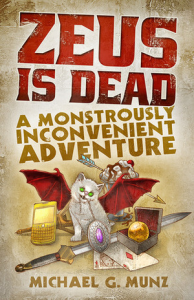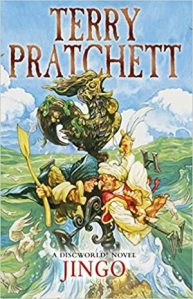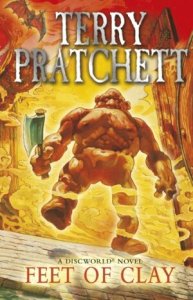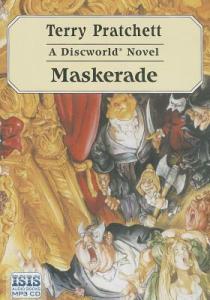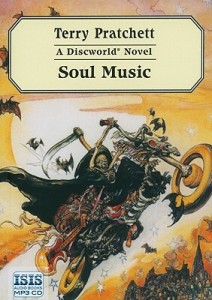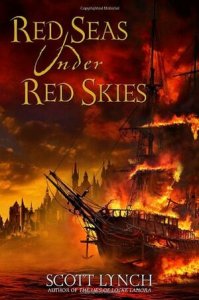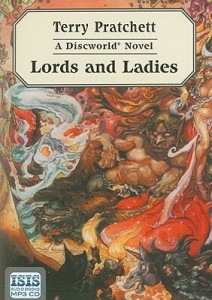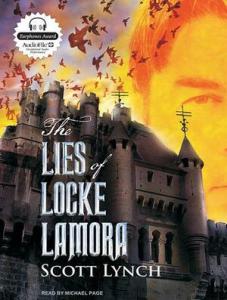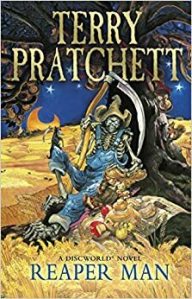Title: Zeus is Dead: A Monstrously Inconvenient Adventure
Series: Zeus is Dead #1
Author: Michael G. Munz
Genre: Low Fantasy
Trigger Warnings: Kidnapping, injury, blood (mentions), stalking, religious fanaticism (mentions)
Note: Trigger warnings in DNF books only cover the part I read. There may be triggers further in the book that I did not encounter.
Read to: Page 105
Back Cover:
You probably saw the press conference. Nine months ago, Zeus’s murder catapulted the Greek gods back into our world. Now they revel in their new temples, casinos, and media empires—well, all except Apollo. A compulsive overachiever with a bursting portfolio of godly duties, the amount of email alone that he receives from rapacious mortals turns each of his days into a living hell.
Yet there may be hope, if only he can return Zeus to life! With the aid of Thalia, the muse of comedy and science fiction, Apollo will risk his very godhood to help sarcastic TV producer Tracy Wallace and a gamer-geek named Leif—two mortals who hold the key to Zeus’s resurrection. (Well, probably. Prophecies are tricky buggers.)
Soon an overflowing inbox will be the least of Apollo’s troubles. Whoever murdered Zeus will certainly kill again to prevent his return, and avoiding them would be far easier if Apollo could possibly figure out who they are.
Even worse, the muse is starting to get cranky.
Discover a world where reality TV heroes slay actual monsters and the gods have their own Twitter feeds: Zeus Is Dead: A Monstrously Inconvenient Adventure!
Review:
Picture this: You’re on page 105. You’re nearly a quarter of the way through this book. At this point, you’re pretty sure you know what the plot is. You’re not really sure which option is going to be the actual antagonist, and you’ve only recently gotten a feeling that you’ve found the protagonist – although you hope not, because this suspected protagonist has a severe case of Unlikeable. That’s my experience with this book. Is it wildly creative, full of fun and entertaining ideas, and downright zany at times? Absolutely. Is it populated by a solid and likeable (or at the very least, interesting) cast of characters? Not so much.
Let’s start at the beginning, because this book sure didn’t! Everything in the first seven chapters is setup, with a wide cast of Olympian gods and various mortals introducing the world, the return of the gods, how things changed, and the foundations of the actual plot (I think? I’m about 90% sure resurrecting or not-resurrecting Zeus will be the central conflict here). A character in chapter seven gets re-introduced as “a.k.a. the young woman from chapter four” and even though I think it was supposed to be for comedic purposes, it was actually very helpful because there are so many characters running around that I can’t keep them straight. (So many, in fact, that I couldn’t even always tell how many were on the page – the scene right before I stopped reading was weirdly confusing until the last line revealed that there was a whole fourth character involved that I somehow missed.)
If you read the back cover, it feels like Apollo is going to be the protagonist here. But that’s definitely not true. Judging from the first seven chapters, nobody stands out as protagonist material, but you could make good arguments for Apollo, Hermes, or even that one rebellious college student priest of Hecate. There was a TV producer introduced on page 17 that I thought could be a protagonist, but then she disappears for fifty pages and comes back as a completely different person on page 71 to be set up as the reluctant love interest. (Or they could be two different characters that have the same name. There’s zero connection between the later character and the one from the scene on page 17 besides name and occupation so it’s hard to tell.)
It isn’t until chapter eight that someone shows up who actually has protagonist potential. There’s a Prophecy about him, making all the gods interested for various purposes, which definitely seems like a symptom of being a protagonist. But his introductory scene consists of him being annoying, awkward, and unable to stand up to a rude lady who stole his coffee. And then one scene later he turns into a stalker, putting a very, very creepy and uncomfortable angle on producer-lady’s reluctant love interest role. And he’s not the only person who seems to think producer-lady will come around if they just ignore her “No,” so I really don’t like where that seems to be going. The stalker getting the girl is never a good look, especially if the stalker is supposed to be a hero.
I think what bothers me most about how terrible the characters are is how good everything else is. I love the concept of the Olympian gods descending into the modern world and how much chaos that makes. I love that Zeus had to die to make it happen (and the question of why he demanded no-contact with mortals in the first place). I love the dynamics between the Olympians, the competing factions, the mixed reactions to Zeus’s murder, the mystery of who actually did it and how. I love how modern humans react to the gods, from wholehearted embrace to casual acceptance to ignoring to religious nutjobs going full anti-Olympian militia. There was the potential for some very interesting commentary about modern religious beliefs and behaviors. I love the variety of weird monsters now unleashed on the world. The plot, with various Olympian factions working to ensure Zeus either returns or stays dead, was solid. Even the writing style, though it did have a distinctly amateurish feel, managed to be genuinely humorous at times.
But, the characters. As much fun as the world is, as solid as the plot is and as light and fun as the writing is as a whole, it’s the characters that drive a story. And these characters all suck. They range from bland and forgettable to caricature without substance to “I would punch this person in the face if I met them” unlikeable assholes. (Or stalkers. I still can’t get over that the likely-protagonist-hero is straight-up stalking someone and everybody, including the woman he’s stalking, seems to view it as irritating but nothing more. It really bothers me that nobody in this book seems to notice or care how INCREDIBLY GODDAMN AWFUL AND CREEPY it is.) There was not a single character I could connect to, care about, or even be willing to follow around for the rest of the book. I really do think there’s a lot of potential in this story. It just needs a whole new cast of characters to realize it.
The Zeus is Dead series:
- Zeus is Dead: A Monstrously Inconvenient Adventure
- Zeus is Undead: This One Has Zombies

